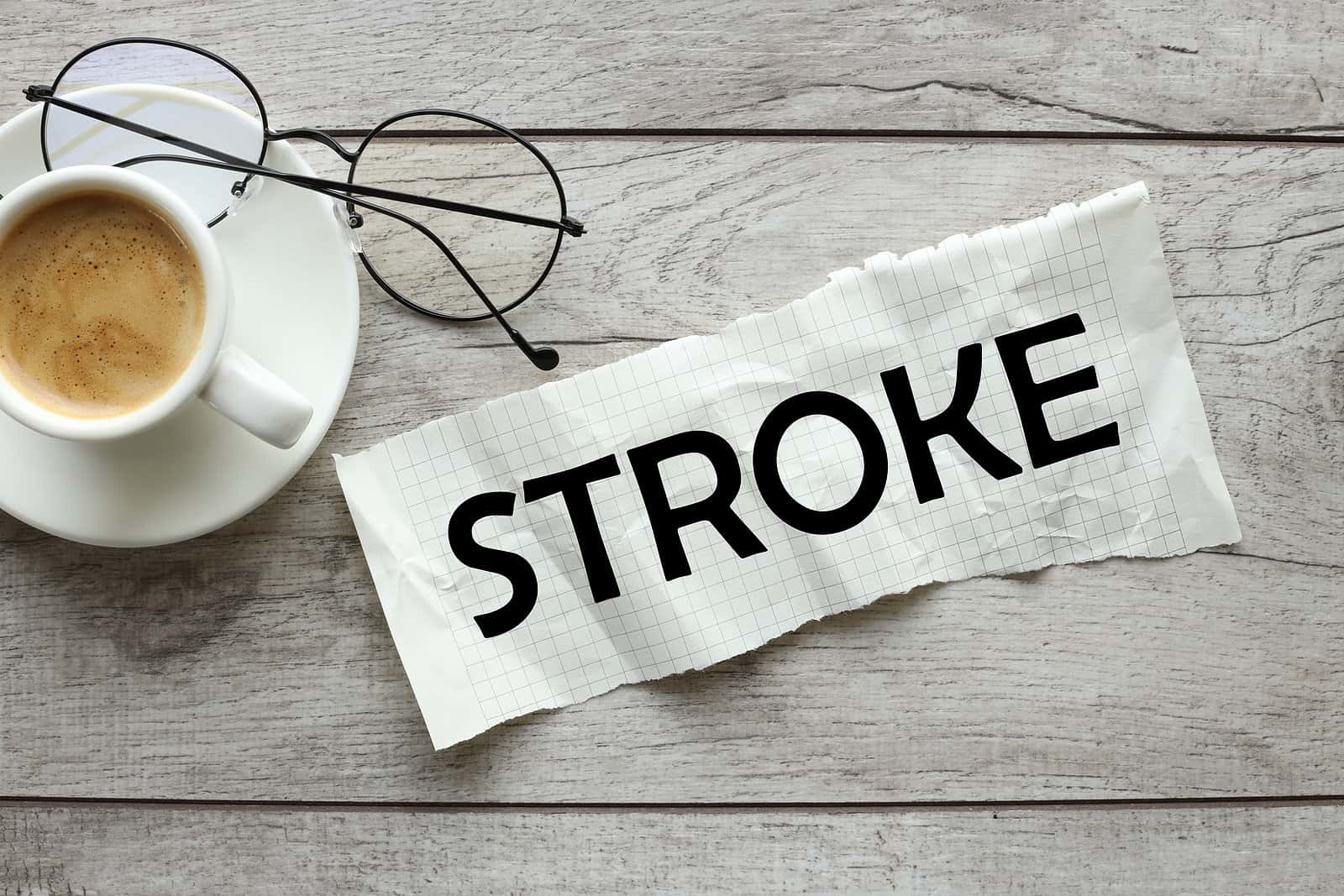
Like a heart attack, a stroke is a serious medical emergency that requires immediate attention. In a stroke, the brain does not get enough oxygen, usually because a blood clot is blocking an important blood vessel. (In the less common type of stroke, one of the vessels may be bleeding. This also interferes with oxygen delivery.) Strokes also resemble heart attacks in the extensive rehabilitation that may be required. What kind of therapy is best for helping people recover from a stroke?
Physical Training to Help You Recover from a Stroke:
Regaining functional capacity after a stroke can be a big challenge. Although some health care systems will start stroke rehab as soon as possible, within a few days, not all do. Neurologists do not all agree on the best duration and intensity of physical training for this purpose.
The medical journal JAMA Neurology has just published a study of optimal training intensity among 55 stroke survivors who were still having difficulties walking at least six months later (JAMA Neurology, April 1, 2023). (The average time since the stroke was two and a half years.) The researchers assigned half the participants to moderate-intensity training and half to high-intensity interval training. All the volunteers walked for 45 minutes three times a week for 12 weeks. Those in the high-intensity group walked as fast as safely possible for 30 seconds with 30 to 60 seconds between bursts. They strove for a heart rate at 60 percent of maximum.
How Far Can You Walk in Six Minutes?
The investigators measured how far participants could walk in six minutes at several points in the study—after four weeks, 8 weeks and 12 weeks. Doctors call this the 6-minute walk test distance. They use it as a standard measure of how well a person is able to move.
The results showed that vigorous walking was already producing important improvement at four weeks. At that point, participants in the high-intensity group were walking 27 meters farther than at the start of the study. By comparison, the moderate activity group had added 12 m. Keep in mind that it took 12 weeks for patients, even those in the high-intensity group, to maximize their progress.
What This Shows About How to Recover from a Stroke:
Sometimes people who have suffered a stroke believe that they won’t make further progress after a few months. This study shows that appropriate physical training can make a big difference in how well you recover from a stroke even a few years later. Don’t give up! We suspect that training on whatever abilities have been impaired by the stroke would help, though we don’t have other studies to prove that.
Acupuncture to Help People Speak After a Stroke:
One-third of people who suffer strokes experience difficulty speaking during the immediate aftermath of the event. Nearly two-thirds of these patients still have speech difficulties a year later. Scientists have been trying to discover medications that might help, but an ancient Chinese therapy has now been shown to help this condition. Research published in JAMA Network Open involved 252 patients randomized to acupuncture or sham acupuncture (JAMA Network Open, Jan. 22, 2024). Those who received the actual acupuncture for six weeks had significantly better recovery up to six months later than those who received the sham acupuncture.
The authors conclude:
“These findings suggest that acupuncture can greatly improve language function in patients with poststroke motor aphasia.”
Learn More:
Some research shows that SSRI antidepressants can help victims recover from a stroke. Among the most inspiring interviews we have done are two with Jill Bolte Taylor, author of My Stroke of Insight. You may wish to listen to Show 1265: The Advantages of Whole Brain Living.
Citations
- Boyne P et al, "Optimal intensity and duration of walking rehabilitation in patients with chronic stroke: A randomized clinical trial." JAMA Neurology, April 1, 2023. DOI: 10.1001/jamaneurol.2023.0033
- Li B et al, "Effect of acupuncture vs sham acupuncture on patients with poststroke motor aphasia: A randomized clinical trial." JAMA Network Open, Jan. 22, 2024. DOI: 10.1001/jamanetworkopen.2023.52580

